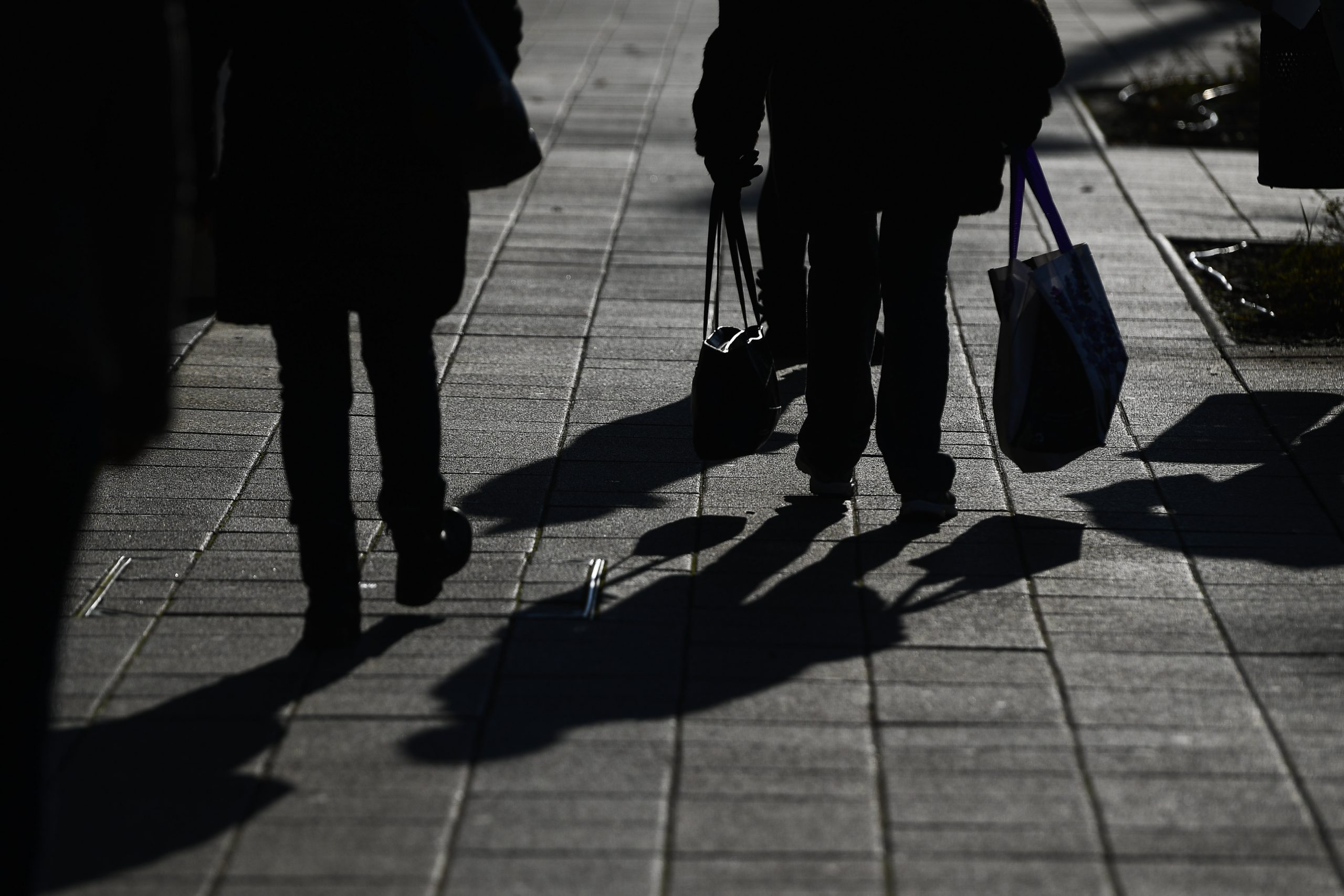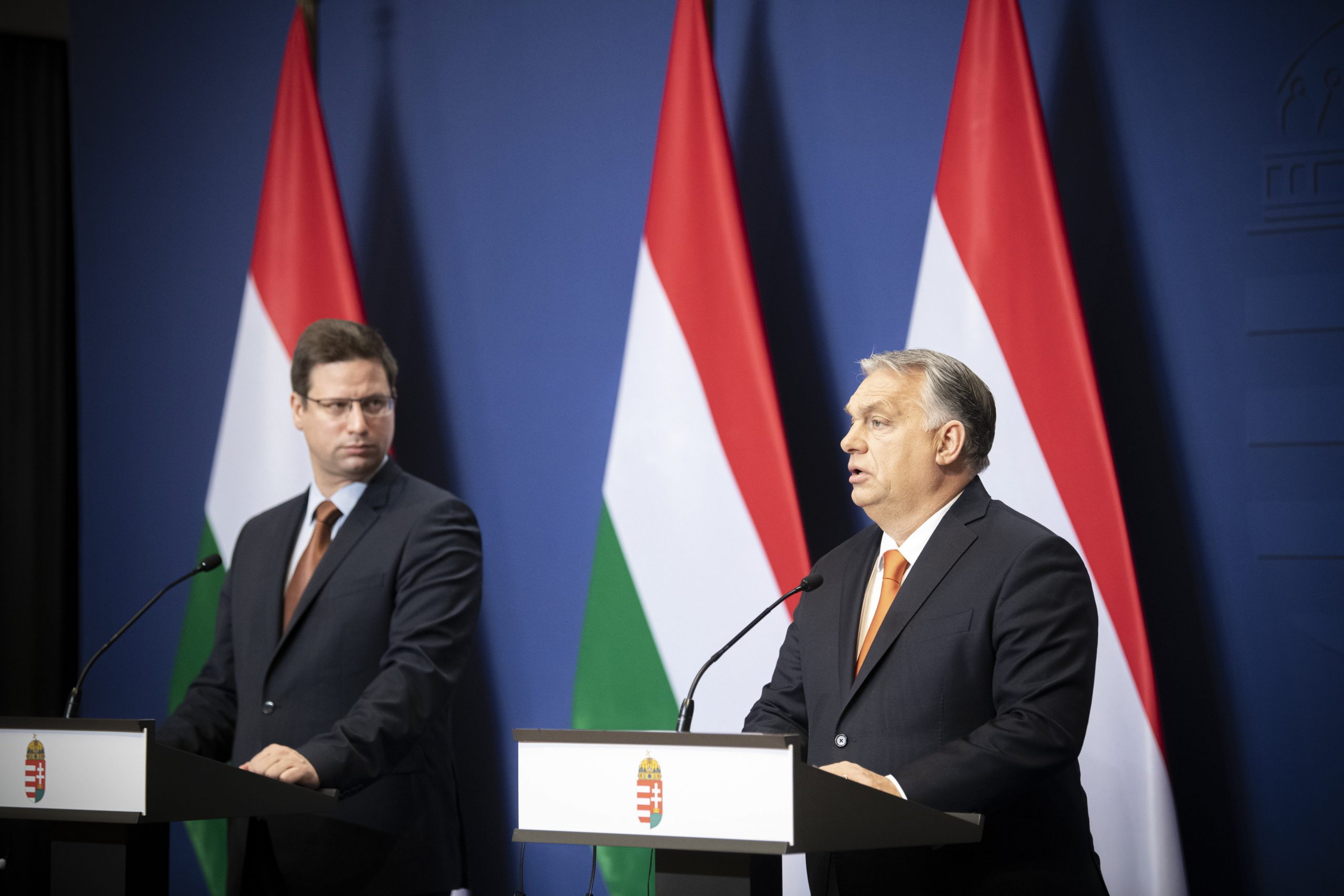
In the past 11 months, the rate of natural population decline was up by 36 percent compared with last year during the same period.Continue reading

Prime Minister Viktor Orbán has said he “would like to avoid” making coronavirus vaccination mandatory in Hungary.
Speaking at an international press conference on Tuesday, Orbán said that the government had done everything it could in terms of defending against the pandemic. He added that Hungary had early on procured vaccines from multiple sources and had swiftly inoculated 5.5 million people, or 60 percent of its population against the virus.
“But we haven’t made much progress from there,” he said, noting that a total of 6.2 million people had got the jab.
Meanwhile, he said the government had based its pandemic response and economic recovery measures on the findings of the National Consultation public surveys returned by more than 2 million people.
Orbán noted that Hungary’s government had spent 1,700 billion forints (EUR 4.6bn) on supporting the investments of 1,435 private sector players. As a result, 4.7 million people have jobs, while the unemployment rate is at 3.9 percent compared with the European Union average of 6.7 percent. The government’s efforts have also yielded an economic growth rate above 6 percent, he said, adding that the government put GDP growth between 4 and 5 percent for next year.
Orbán said that booster jabs were crucial, adding that whereas it would be “practical to make vaccination obligatory” as it is being discussed in other countries, “it would meet even greater resistance in the Hungarian cultural environment”.
“Convincing will get you closer to people’s minds and hearts than giving orders,” he said, adding that the government will do everything to convince residents.
Orbán said that if necessary the government will introduce restrictions for New Year’s Eve, adding, at the same time, that it appeared Covid case numbers were flattening. However, the government plans to make the issuance of immunity cards conditional on the receipt of a booster jab at the end of January at the latest, he added.
The prime minister said some 2.4 million doses of the Pfizer vaccine were currently available and the government ordered an additional 2 million doses for children. Based on information released by the European Commission at last weekend’s EU summit, according to which a new vaccine would be required for the Omicron variant, the government has ordered 9.5 million doses of such a vaccine. The shipments are scheduled to arrive in the second half of next year and in 2023, he added. Orbán said the shipment will also include 1.5 million doses for children.
The government will continue its efforts against the coronavirus pandemic based on the vaccination of residents, the prime minister said, adding that booster shots and immunizing the 5-11 age group were in the focus.
Viktor Orbán said that 32 percent of the Hungarian population had now received a booster jab, adding that the European average was 21.5 percent.
Asked about concerns expressed by experts over granting approval for the use of the Sputnik V and Sinopharm Covid jabs, Orbán noted that the World Health Organization had approved the Sinopharm vaccine, while Hungarian experts had inspected the two plants where the Sputnik jab is being manufactured.
Meanwhile, Orbán said the competition authority should investigate the discrepancy between the price of rapid Covid tests in Hungary and western Europe, saying he did not understand why they cost twice as much in Hungary. “This current situation is in no way acceptable,” he said.
Asked about the 16,000 ventilators Hungary purchased early in the pandemic, Orbán said that after the first outbreak of the virus, experts had expected that 8,000-10,000 ventilators would be needed. The government therefore decided to procure 15,000-16,000 ventilators “to be as safe as possible”, he added.
Asked how much the procurements had cost the state, he said: “We believe we’ve saved hundreds of lives.”
The prime minister highlighted the efforts of scientists across the world that resulted in providing vaccines against covid. He expressed his sympathy with families in which the pandemic had claimed lives and wished a speedy recovery to those currently ill.
featured photo by Vivien Cher Benko/PM’s Press Office